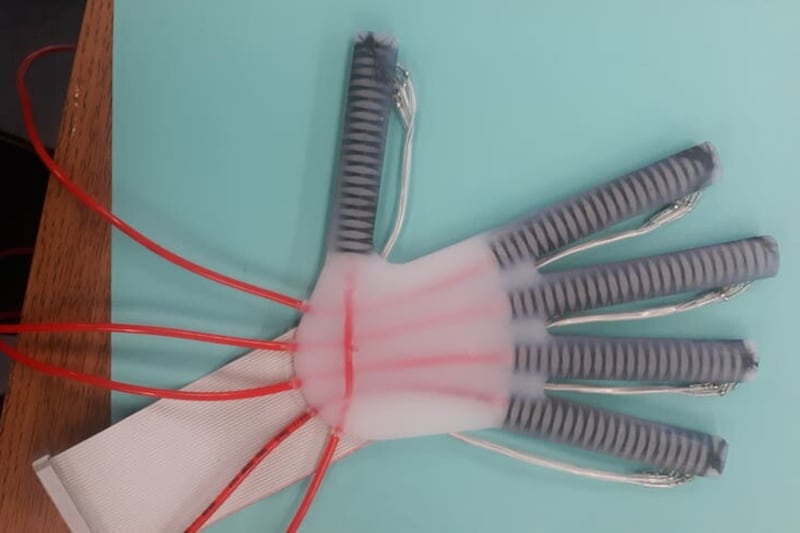A CO Down stroke survivor is backing a charity's appeal urging people to carry out a "simple test that could save your life".
Paul Mclean from Magheralin said by checking your pulse to make sure it is not irregular could help prevent a serious stroke.
It comes after the former teacher suffered a stroke in June 2016 when he was aged 40. He had a number of known risk factors - including dilated cardiomyopathy, high blood pressure and atrial fibrillation (AF), which is when the heart beats with an irregular rhythm.
When this happens, the heart will not empty all of the blood out of its chambers with every beat and the leftover blood can form clots which travel to the brain, blocking off blood flow and causing a stroke.
A survey by the Stroke Association reveals that almost three in four people did not know that AF is a major cause of stroke.
The charity has released a video guide showing people how they can check their own pulse on their wrist or neck.
Mr Mclean said it is "so important that people check for atrial fibrillation".
"It is a simple test that could save your life. I have spoken to so many stroke survivors who never knew they had AF until after they had a stroke.
"I also knew when I was feeling faint I needed to make sure I looked after myself and get checked. Lots of people say they felt the same but they had no idea it was a sign of AF."
Mr Mclean added: "I’m determined to live each day to the full and I want to raise awareness of stroke and help prevent others who have AF from having a stroke so please check your heart beat and if there is anything you think isn’t right, get it checked out as it could help prevent you from having a stroke," added Mr Mclean.
Alasdair O’Hara from the Stroke Association, said: "It's worrying that so few people know that a little thing like how your heart beats can lead to a massive stroke.
"AF often has no symptoms and a stroke can strike without warning.
"Don’t let the first sign of your AF be a sudden and life-changing stroke. With early diagnosis and effective management of AF, your risk of a stroke dramatically decreases so it’s vital to get checked regularly.
"It’s really easy to check your own pulse and our research told us that most people are able to. Feel for your pulse on your wrist or neck to make sure it has a regular beat. If you suspect you have an irregular pulse, contact your GP practice."
For further information, please visit www.stroke.org.uk/spd23








